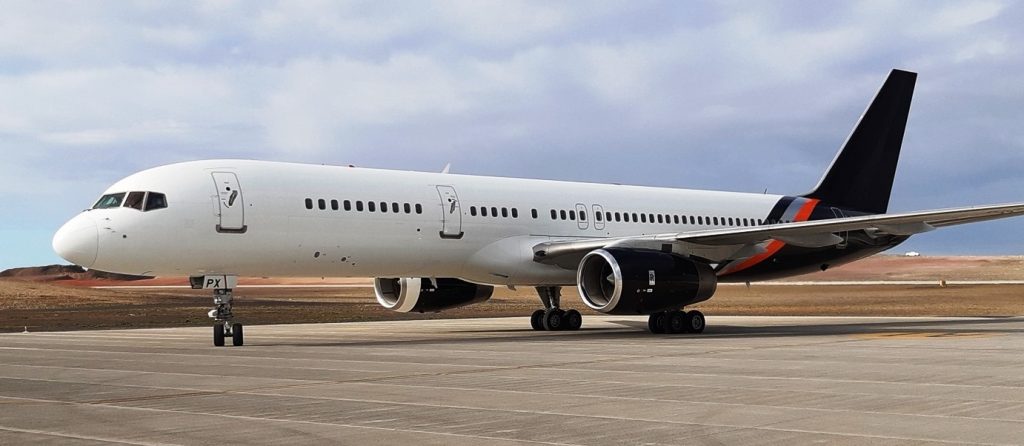One of the objectives as set out in the Sustainable Economic Development Strategy (SEDS) is “an open and accessible island — Open and accessible for people and culture, capital and finance”. The government’s responsibility to manage access to the island through civil aviation and shipping provides economic security and facilitates economic growth giving people and businesses the ability to move goods on and off the island.
The regulation of aviation safety and security in St Helena is delegated to Air Safety Support International (ASSI). Those regulatory functions that are retained by the Governor are managed on a day-to-day basis by the Civil Aviation function – The Civil Aviation function is the lead in SHG in relation to all aviation regulatory matters and work closely with the Department for Transport (DfT), ASSI and St Helena Airport on Foreign Operator Permits, Small Unmanned Aircraft (SUAs), National Civil Aviation Committees etc.
A critical function is also leading on strategic planning to support ongoing air/sea access in support of Island needs – including supporting economic and tourism development and aero-medevac capability.
The function also co-ordinates and oversees key air/sea access related contracts within SHG including:
- Air Services Provider Contract with Airlink – To provide regular, scheduled flights to St Helena.
- St Helena Airport Ltd (SHAL) Agreement – To manage the operation of the Airport
- Interim Fuel Management Contract with Puma Energy – Provision of fuel management services to St Helena Airport
- UK Met Office Contract – To provide met forecasting services at St Helena Airport
- Ocean Freight Services Agreement with MACS Maritime Carrier Shipping
- Contingency planning to maintain air access in emergency situations
For more information, contact the Deputy Head of Civil Aviation and Shipping, Tessa Roberts, at tessa.roberts@sainthelena.gov.sh.
